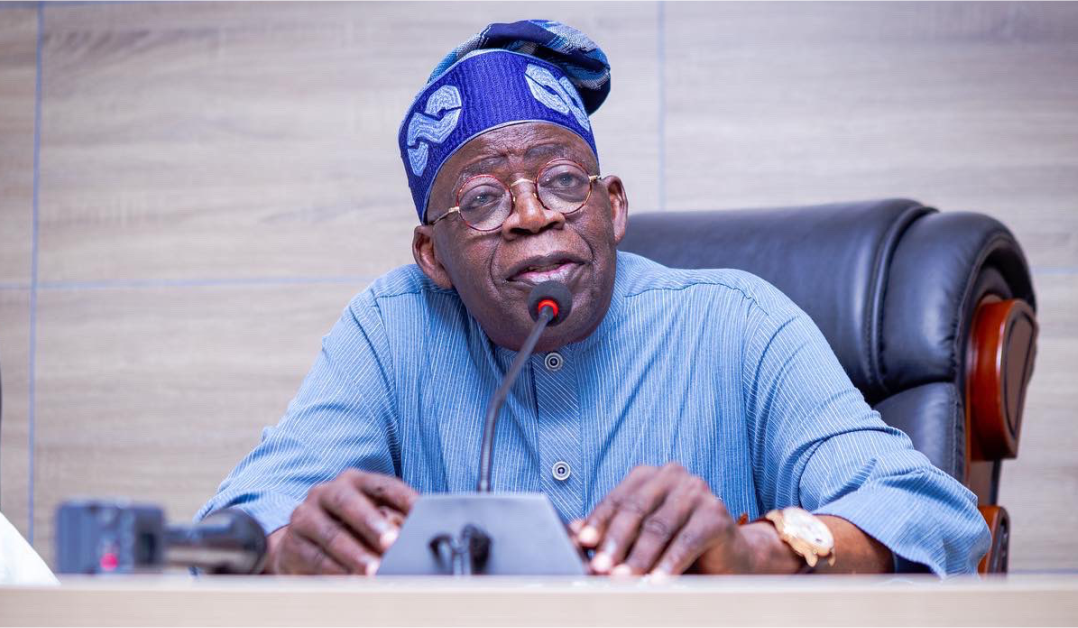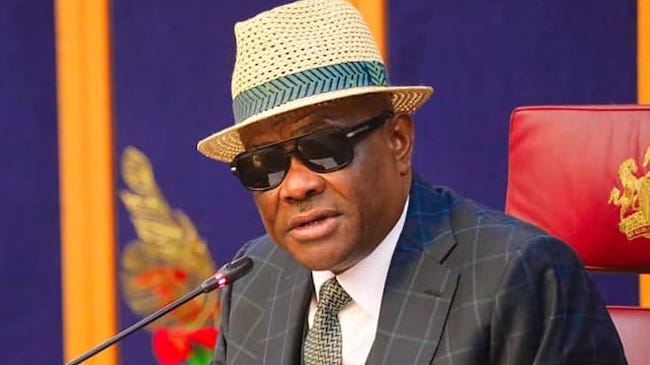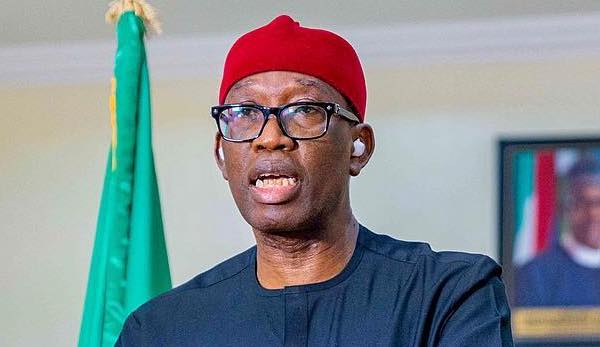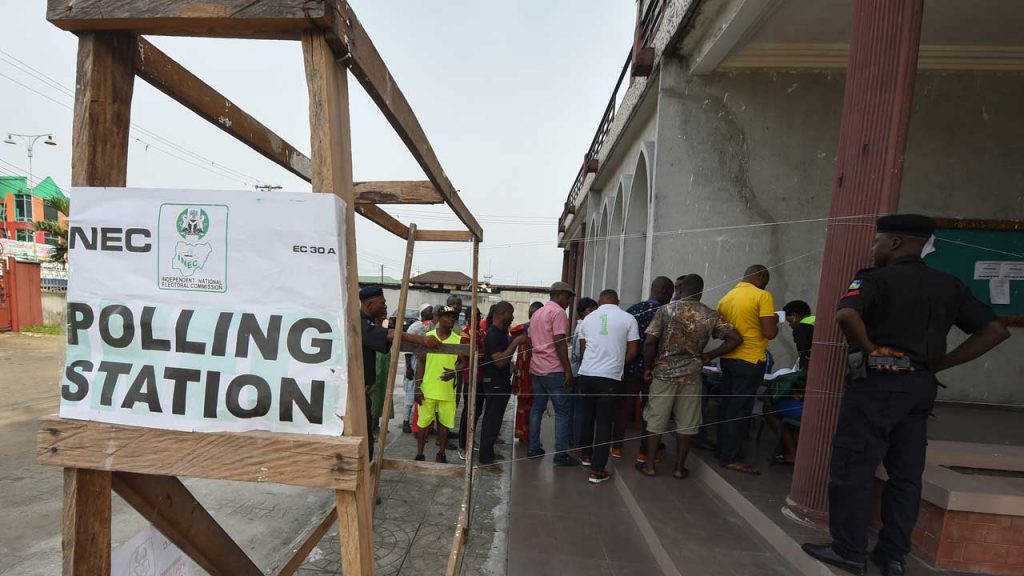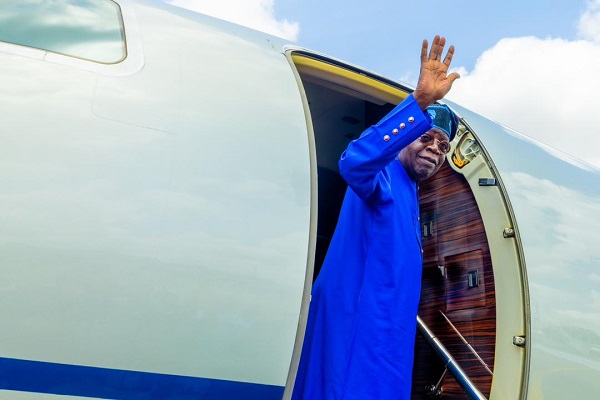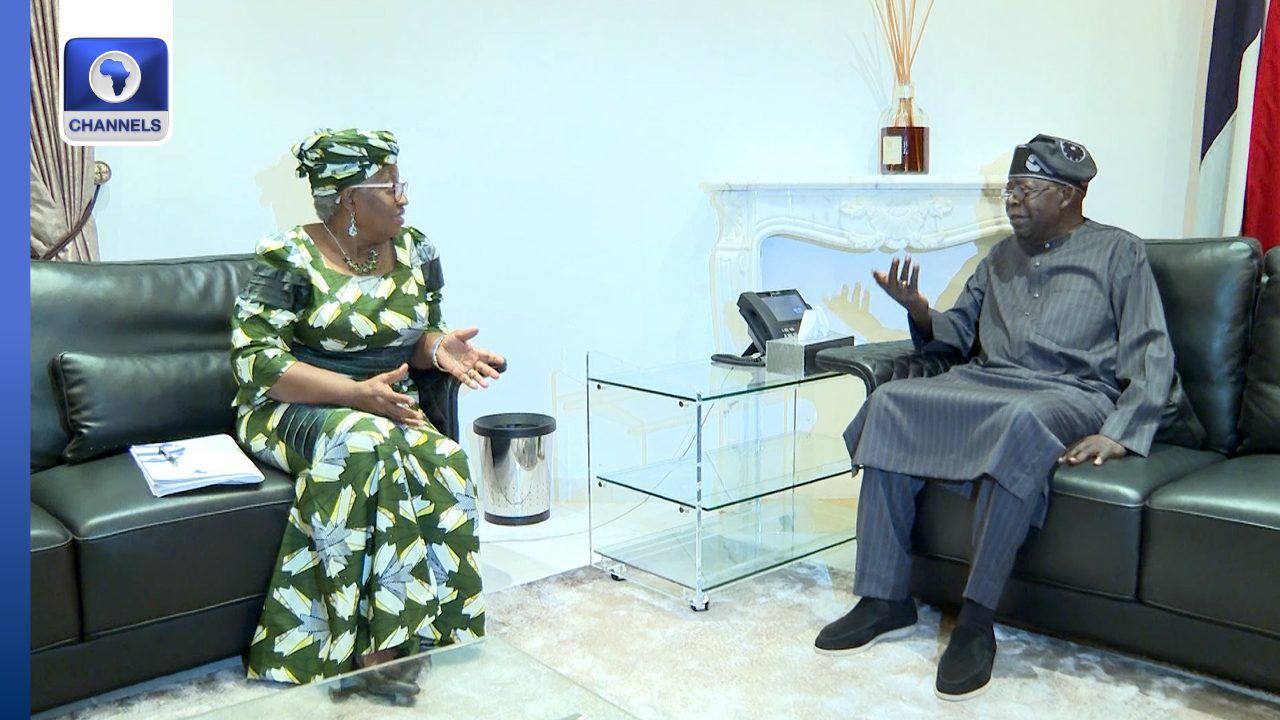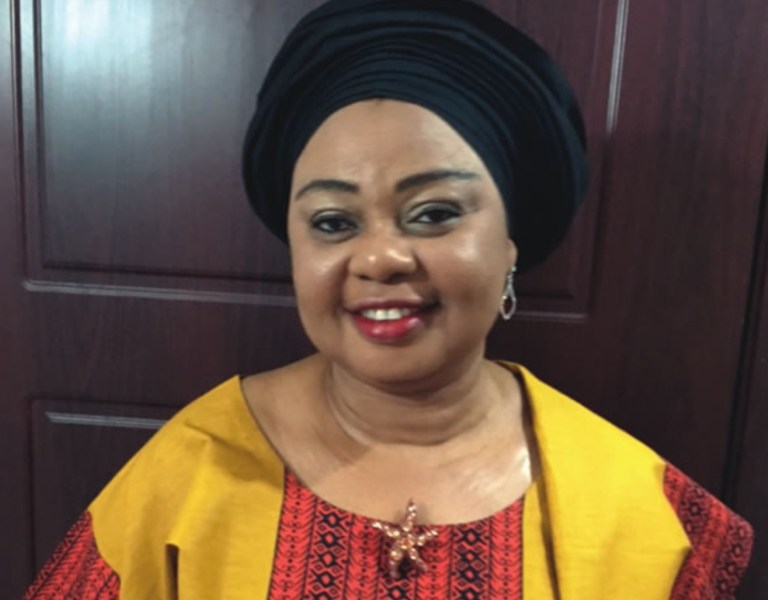In 2017, I wrote about how Nigeria—desperately in need of investors—could leverage economic cooperation with Japan, a country grappling with stagnation, to unlock investment opportunities in our beloved yet beleaguered nation. At the time, our leaders seemed not to recognize the nuggets of wisdom in that piece, which I had written as a form of advice. Unsurprisingly, nothing tangible came out of that trip.
Today, eight years after that essay, President Bola Ahmed Tinubu, driven perhaps by his instinct to make Nigeria more viable—a testament to his reform-mindedness—appears ready to harness the benefits of a more cordial and mutually beneficial relationship between Nigeria and Japan.
Japan, widely known as the “Land of the Rising Sun,” is the world’s fourth-largest economy and a true industrial powerhouse. It is the home of Toyota, the most famous automobile manufacturer globally, alongside a host of other world-class products that dominate international markets.
President Tinubu, currently in Japan for the Ninth Tokyo International Conference on African Development (TICAD 9), now has the opportunity to implement some of the recommendations I published on November 22, 2017.
That essay came two years after the late President Muhammadu Buhari assumed office in 2015, when Nigeria’s economy had sunk into a severe recession. At the time, Japan’s Prime Minister was Shinzo Abe, whose reform measures were collectively known as “Abenomics.” My piece, therefore, was titled: “Abenomics: Matching Resources in Japan with Opportunities in Nigeria.”
The core of my argument was simple: Japan, burdened by stagflation (a condition where prices rise while growth stagnates), could be paired with Nigeria, a nation brimming with untapped economic potential. Such a partnership—Japan bringing capital and expertise, Nigeria offering resources and markets—would, I argued, be a “marriage made in heaven.”
Unfortunately, my expectations were dashed. Buhari’s administration, fixated on its rigid zero-tolerance policies, ignored the opportunity. Some of us had warned that this policy approach would plunge the economy into recession, and, regrettably, we were proven right.
It is, therefore, heartening that eight years later, Nigeria has a second chance—this time under President Tinubu—to forge government-to-government (G2G) and business-to-business (B2B) partnerships with Japan.
Today, neither Shinzo Abe nor Muhammadu Buhari occupies the leadership of their respective nations. Instead, the opportunity falls to Prime Minister Shigeru Ishiba of Japan and President Bola Tinubu of Nigeria. Both leaders now have the chance, through combined efforts, to bring to life the vision of a robust Japan-Nigeria business and economic partnership.
The timing could not be more auspicious. The global trade order is being reshaped by U.S. President Donald Trump’s sweeping tariff reforms. For instance, Japan currently manufactures Toyota vehicles in South Africa. Yet under Trump’s tariff regime, South Africa faces a 30% reciprocal tariff, compared to Nigeria’s 15% tariff—half the rate imposed on South Africa. This makes Nigeria a far more attractive production and export hub.
To take advantage of this lower tariff environment, Japan may need to shift production from high-tariff South Africa to low-tariff Nigeria. That move alone could allow Toyota vehicles produced in Nigeria to reach U.S. and global markets at far more competitive rates.
And that is only the beginning. Beyond automobiles, opportunities abound in other sectors where Japan excels.
The article I wrote eight years ago remains as relevant today as when it was first published. With the world’s socioeconomic realities rapidly evolving, Nigeria must seize this moment. If handled strategically, Tinubu’s outreach to Japan could position Nigeria as a central hub for global trade and investment—an opportunity we cannot afford to squander again.
Here we go:
If the Central Bank of Nigeria Conducted a Stress Test Today
If the Central Bank of Nigeria (CBN) were to conduct a stress test on Nigerian banks today, most would likely fail. Banks are the lifeblood of business and a mirror of the economy—an economy that is now effectively belly-up.
A combination of factors has brought us here: the slump in crude oil prices; vandalism of oil facilities that has crippled production and exports; the abrupt introduction of the Treasury Single Account (TSA) in one sweeping move instead of a phased rollout; the removal of fuel subsidies without cushioning palliatives like SURE-P for the masses; and the floating of the naira, which devalued the currency from ₦199/$1 in June to about ₦400/$1 on the open market. Together, these shocks doubled the size of bank balance sheets without corresponding credit disbursement. The result: banks now have little or no funds to lend, generating minimal income for their survival and offering scant support for GDP growth, which recent data show is contracting at about -0.2% per quarter.
With the economy shrinking by -2% year-on-year while the population grows at 2%, the picture is grim. For growth to occur, GDP must outpace population growth. In Nigeria’s case, the reverse is happening—population is rising as GDP is falling. This dangerous mismatch makes recovery without drastic intervention unlikely.
In this light, the injection of surplus Japanese yen into Nigeria’s fragile economy—through foreign direct investment (FDI) in infrastructure—could serve as a lifeline, perhaps even the antidote to recession. Our banks are already struggling to stay within the CBN’s regulatory thresholds, and such inflows could provide the much-needed oxygen.
The financial crunch, however, blindsided advocates of naira devaluation. They had argued that both foreign and domestic investors holding dollars would rush to invest once the naira was devalued, eager for quick gains. But in a country riddled with policy inconsistencies and lacking a coherent long-term strategy, such optimism was bound to prove illusory.
The pundits also failed to anticipate the knock-on effects of draining bank treasuries through the TSA or the uncertainty surrounding government policy in the Niger Delta. That ambiguity paved the way for the rise of the Avengers militant group, whose sabotage of oil and gas facilities slashed Nigeria’s crude oil output by as much as one million barrels per day.
It is worth recalling that President Muhammadu Buhari resisted devaluation for nearly a year, perhaps guided by instincts shaped by his earlier experience as head of state between December 1983 and August 1985. In his view, the arguments for devaluation were unconvincing, especially since Nigeria exports only crude oil—a commodity with internationally fixed prices and, at the time, a global glut. He eventually relented on June 20, only for his fears to materialise: the naira quickly spiralled beyond ₦400/$1.
To escape this monetary cul-de-sac, the CBN raised lending rates by two percentage points—from 12% to 14%—at its last Monetary Policy Committee (MPC) meeting, hoping to attract foreign portfolio investors. Such investors are naturally drawn to high yields, and indeed, Nigerian bonds and treasury bills are now trading at around 20%—a mouth-watering return compared with Japan, where bonds are issued at zero interest, and in some cases, the government pays buyers to take them. But those incentives are reserved for Europe and other stable economies.
This disparity explains why European banks can offer loans at 4%, while African banks—particularly Nigerian ones—charge as high as 26% or more. But at such punitive rates, what kind of business can survive? How can an entrepreneur pay 26% interest, plus 10% overhead (salaries, etc.), and 4% for utilities, pushing total costs to nearly 40%? I stand to be corrected, but I have yet to see a legitimate business that yields such returns—except, perhaps, shady government contracts.
In my view, this outrageous cost of funds is a recipe for bad loans, business failures, and the premature death of enterprises. Indeed, not long ago the CBN and the Nigeria Deposit Insurance Corporation (NDIC) disclosed that non-performing loans in the banking sector were approaching ₦2.4 trillion—about 10% of the ₦24.3 trillion believed to have been disbursed to both public and private sectors.
The grim situation outlined above is understandably giving regulators sleepless nights, as it poses a serious threat to the stability of the financial services sector.
Without dwelling further on the ‘Shylock’ interest rates charged by banks—a story for another day—let me turn to why Nigeria must actively seek Japanese partnership at this time, and how the country can tap into the surplus funds of the world’s third-largest economy. By leveraging the paradigm shift in Abenomics, Nigeria can channel those funds into productive growth.
To illustrate this, picture Japan and Nigeria as two farmers on opposite sides of the world. On one side, the farmer enjoys favourable weather and bountiful harvests, producing more than his people can consume. Yet he lacks sufficient land to expand and is seeking new fields. On the other side, the farmer possesses vast, fertile land but lacks the tools and resources to cultivate it, leaving his family hungry.
The prosperous farmer with surplus is Japan; the struggling farmer with untapped potential is Nigeria. The task of bringing them together—so that each can benefit from the other’s strengths—is at the heart of my Japan-Nigeria partnership proposal.
Nigeria and Japan: A Strategic Partnership Waiting to Happen
The comparison is paradoxical. Nigeria, richly endowed with natural resources from crude oil to nickel, remains poor. Japan, in contrast, has almost no natural resources, yet has flourished into one of the most advanced economies in the world. The lesson is clear: in the 21st century, wealth is no longer determined by land or natural resources, as Thomas Malthus once warned, but by ideas. Microsoft—built entirely on ideas—is today one of the world’s most valuable companies.
Against this backdrop, linking Japan’s $10 trillion economy with Nigeria’s GDP of roughly $320–570 billion (pre- and post-rebasing) should be a strategic priority under President Buhari’s leadership.
The urgency is underscored by Japan’s recent decision to host its annual African trade conference outside its shores for the first time—staging it in Kenya just last month. That conference sought to introduce Africa to new opportunities in the Far East and signalled a paradigm shift in Japan’s perception of Africa: no longer merely a continent of wars and disease in need of aid, but an emerging frontier for trade and investment.
For too long, Japan—once the world’s second-largest economy—viewed Africa through Western lenses that reduced the continent to a charity case. But with growing recognition of Africa as the next frontier of global growth, and with Japan facing stagflation that has resisted traditional remedies, Tokyo has finally turned its gaze towards Africa. For Nigeria, this represents a golden opportunity to position itself as Japan’s preferred partner.
At present, however, negative media coverage and inconsistent policies have driven Japanese and other investors elsewhere—to South Africa, Kenya, and even Ghana, where Japanese investments are already visible. By contrast, China has pursued a far more aggressive approach, rapidly expanding investments in Nigeria, particularly in rail infrastructure.
Nigeria must therefore reclaim its leadership position as Africa’s largest market by actively courting Japanese businesses. Agencies such as the Nigerian Investment Promotion Council (NIPC) and the Nigeria Export-Import Bank (NEXIM) should organise roadshows and targeted campaigns. Yet success will only come if Aso Rock implements credible, world-class policies that create real incentives for investors. The CBN has already shown what is possible by attracting portfolio investors through high-yield bonds, now trading at an eye-catching 20%.
History offers valuable lessons. Japanese firms such as Marubeni and Chiyoda were instrumental in building Nigeria’s oil refineries in the 1980s. As Nigeria seeks private investment in new refineries, Japanese companies could once again play a strategic role—especially if offered incentives such as export rights for a portion of refined products to neighbouring West African countries like Cameroon, Chad, Niger, Benin, and Togo, which currently depend heavily on smuggled Nigerian fuel.
Consider also the recent privatisation of Nigeria’s power sector. Unfortunately, it drew in mostly third-tier firms from Eastern Europe and lower-tier Asian economies like the Philippines—countries Nigeria once surpassed in infrastructure development. With no input from leading technology players like Japan and Germany, the power sector has unsurprisingly collapsed into crisis, weighed down by outdated equipment and crippling debts to local banks, further straining Nigeria’s fragile financial system.
If not for the peculiarities of Nigeria’s system, who exactly is Manitoba in the world of electricity grid management, that it was entrusted with overseeing Nigeria’s power distribution for nearly a decade? If major power firms from advanced economies had been engaged, Nigeria would not be battling today’s problems of inadequate equity, weak generation, and poor distribution. Local banks, too, would not be so heavily exposed, as multinational players would have brought in their capital and equipment.
Imagine the Nigerian oil industry without global giants like Shell, Mobil, Chevron, or Total, and instead being run solely by start-ups such as Seplat, Aiteo, Oando, and Midwestern. That is essentially the situation in Nigeria’s power sector today.
With cabinet members of the calibre of Babatunde Fashola—tested and proven as governor of Lagos—heading the Ministry of Power, and Okechukwu Enelamah—former CEO of Alliance Capital Africa—leading Trade and Industry, creating an enabling environment to attract Japanese businesses to Nigeria should be a no-brainer.
Meanwhile, China—whose economy once grew at double digits, overtaking Japan to become the world’s second-largest economy—has already made deep inroads into Africa. Nigeria, though initially overlooked, has more recently begun attracting Chinese investment in infrastructure, particularly railways.
It is worth recalling that China’s meteoric rise followed its accession to the World Trade Organization (WTO) less than two decades ago, driven largely by its aggressive investment footprint in Africa. Hundreds of billions of dollars were poured into natural resource extraction in exchange for infrastructure development and the export of affordable goods. To catch up, Japan has now pledged $30 billion in investment funds for Africa, as announced at the recent Kenya conference.
I do not doubt that Nigeria is an ideal partner for an “economic marriage” with Japan—not least because one in every five Africans is Nigerian. Already, a Japanese firm has proposed a light rail project in Lagos—welcome news, but still a modest beginning. Much more must be done through serious engagement with the Japan International Cooperation Agency (JICA), the key platform for Japanese overseas investments, to demonstrate that a strong Nigeria-Japan partnership would be mutually beneficial—a marriage made in heaven.
Matching Resources from Japan with Opportunities in Nigeria
Japanese investors need only ask South African companies like MTN, DStv, and Shoprite/Game how quickly their Nigerian sales outstripped initial projections—sometimes within weeks—forcing their strategists back to the drawing board. That is the scale of Nigeria’s untapped market.
Three factors justify the title of this article, “Matching Resources from Japan with Opportunities in Nigeria”:
(a) Japan, with its $10 trillion economy and 120 million people, is the world’s third largest. Nigeria, with a GDP of $320–570 billion (pre- and post-naira devaluation) and a population exceeding 170 million, is Africa’s largest market—equivalent to the combined size of three major African countries, but under a single jurisdiction.
(b) Japan is highly industrialized, excelling in vehicles, industrial equipment, and advanced technology, while Nigeria depends heavily on crude oil revenues and has a fragile industrial base. This creates a greenfield opportunity for Japan to deploy its excess capacity in Nigeria.
(c) Japan has one of the world’s oldest populations, with 20% over 80 years old. This demographic reality reduces productivity and consumer demand—contributing to its long-standing stagflation. Nigeria, by contrast, has a youthful population, over 60% under 30, with growing skills, rising consumption, and increasing purchasing power.
These complementary factors provide fertile ground for mutually beneficial cooperation. Japan and Nigeria have the potential to forge a partnership that produces true win-win outcomes.
Interestingly, as Japan hosted the Kenya summit to catch up with China and the West in Africa, China was simultaneously hosting the G20 in Hangzhou, consolidating its global influence. But their interests differ: China seeks natural resources to fuel its manufacturing engine, while Japan is more likely looking for investment destinations for its surplus funds to revive its long-stagnant economy.
Japan may not rival China in low-cost consumer goods—African markets readily absorb China’s cheaper everyday products—but Tokyo can compete in financing large-scale infrastructure projects. While China boasts an $11 trillion economy, its massive 1.3 billion population dilutes per capita wealth, with much of its rural population still mired in poverty. Japan, on the other hand, is a fully developed economy with broadly shared prosperity, long life expectancy, and one of the world’s highest standards of living.
By commission or omission, Japan has been slow to turn to Africa for trade. Unlike China, which urgently requires Africa’s abundant minerals, Japan has historically relied less on raw materials, growing its economy through innovation in hybrids and synthetic substitutes.
Yet Japan now seems ready to break this mold. It has begun reviewing its pacifist constitution—specifically the clause prohibiting involvement in arms races and wars, a legacy of Hiroshima and Nagasaki. At the same time, after decades of stagnation and limited results from Prime Minister Shinzo Abe’s “Abenomics,” Japan is pursuing a paradigm shift. Its new approach looks beyond traditional partnerships with industrialized nations and seeks deeper engagement with the so-called Third World. Africa, therefore, is no longer viewed merely as a market for finished products like Toyota vehicles, but as a destination for investment in production and infrastructure—moves designed both to revive Japan’s economy and counterbalance China’s expanding influence.
It is only pragmatic that Nigeria’s leaders prepare the country to harness this opportunity.
The words of U.S. Senator William Fulbright come to mind: “To criticize one’s country is to do it service and pay it a compliment. It is service because it may spur the country to do better; it is a compliment because it evidences a belief that the country can do better.”
That philosophy underscores my critique of certain government policies—particularly the branding of the anti-corruption campaign. By joining others in labeling Nigerians as “fantastically corrupt,” the government inadvertently de-marketed the nation, scaring away potential investors rather than impressing them with rhetoric.
In the past, Africa’s poor reputation—especially Nigeria’s—stemmed from a lack of transparency and weak governance. Those shackles have largely been broken. Today, all 54 African nations operate under democratic rule and are members of the WTO, where transparency and anti-corruption standards are mandatory. Yet liberal democracy, the West’s benchmark for attracting investment, has not fully taken root across the continent.
Nigeria remains a revealing case. Under President Muhammadu Buhari, whose reputation rests on personal incorruptibility, sweeping reforms have been launched alongside an aggressive anti-corruption drive. Whether the world views this as genuine reform or political witch-hunting will influence how quickly investor nations like Japan anchor in Nigeria.
Still, much remains to be done to redirect investment flows to our shores. Nigeria’s poor ranking on the global ease of doing business index—169 out of 189—remains a glaring obstacle. Industry Minister Okechukwu Enelamah has promised improvement, but investors will demand visible results. Encouragingly, the floating of the naira, removal of oil subsidies, and other reforms may improve Nigeria’s competitiveness, enabling us to stand shoulder-to-shoulder with South Africa (Africa’s sole G20 member) and Kenya, curiously chosen by Japan as host of its first Africa-focused summit outside Asia.
What is troubling, however, is Nigeria’s exclusion from key global platforms. Our absence as observers at the G20 in Hangzhou—where South Africa participated—and our omission as a host for the Japan–Africa summit, despite our size and prominence, is telling. Nearly 18 months into the administration, global perceptions of Nigeria remain unchanged.
This underlines the need to intensify efforts toward transparency and implement credible, dynamic policies that earn respect abroad. Only then will Nigeria be invited to host epochal events and play a leading role in shaping global conversations.
Recall that, shortly after his inauguration, President Buhari was warmly received in Paris by the European Union and later in Washington by the United States. That early recognition has since faded, as Nigeria is increasingly absent from major global gatherings. This is a clear sign that our narrow focus on anti-corruption has not sufficed. Nations rise not by scapegoating predecessors or devoting all energies to fighting graft, but by articulating and executing sound economic policies.
Finally, it is sobering to note that President Barack Obama—the first African-American U.S. president—will complete his eight-year tenure without ever visiting Nigeria. For a nation that prides itself as the “giant of Africa” and the world’s most populous Black country, that omission should be deeply reflective.
Consequently, if I were President Buhari, I would pause and review my governance strategy to reposition Nigeria to harness opportunities from a deeper partnership with Japan. Such a shift could help reverse our worsening economic decline, which, according to the National Bureau of Statistics (NBS), grows more alarming by the day.
Postscript:
The above was my advice some eight years ago—advice that was not heeded. Hopefully, with a second chance now on the horizon, Nigeria can fully tap the benefits of closer ties with Japan, which itself is under pressure from U.S. tariffs—initially 24%, now reduced to 15% after negotiations.
The bottom line is that Tinubu’s participation in TlCAD9 and bilateral meetings with Japanese and Brazilian leaders is expected to promote Nigeria’s economic interests, attract investment, and foster global partnerships that can support the country’s development goals.
That affirms his position as one of Nigeria’s most consequential salesmen.
